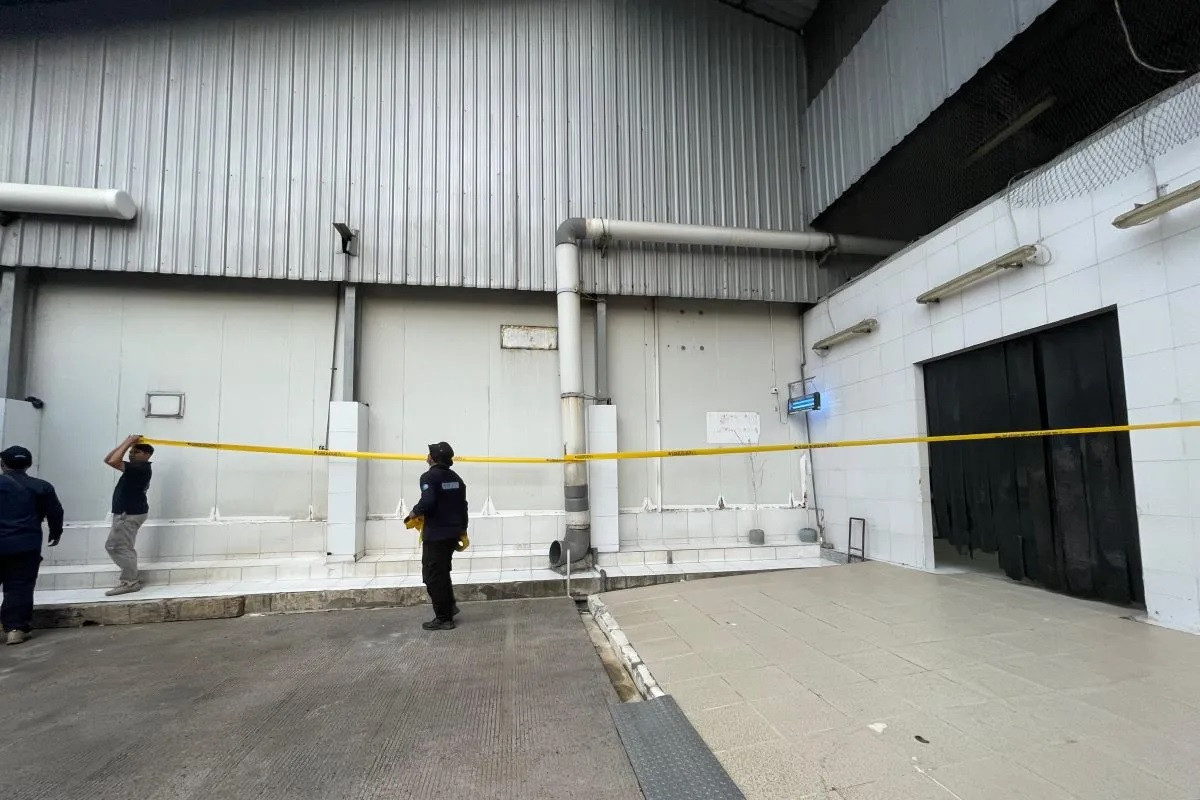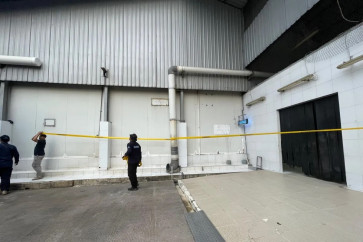Popular Reads
Top Results
Can't find what you're looking for?
View all search resultsPopular Reads
Top Results
Can't find what you're looking for?
View all search resultsHealth scare taints Indonesia’s export reputation
Radioactive and carcinogenic contamination has prompted foreign buyers to become more cautious, tightening inspections or even delaying contracts with local suppliers, industry players claimed.
Change text size
Gift Premium Articles
to Anyone
I
ndustry players have warned that Indonesia’s export reputation is on the line, as delays in addressing recent radioactive and toxic material contamination could undermine the credibility of local goods abroad. They cautioned that such fallout could lead to financial losses and mass layoffs, urging the government to act swiftly and implement stronger safeguards to prevent future incidents.
The Indonesian Employers Association (Apindo) has called for urgent measures to restore global market confidence and prevent stigma on Indonesian goods surfacing, as negative perceptions toward one export commodity can spill over to related industries.
“Such reputational risks can also affect other sectors such as fisheries, processed foods and agribusiness […] impacting Indonesia’s exports as a whole,” Apindo’s head of the fisheries and livestock division, Hendra Sugandhi, told The Jakarta Post on Tuesday.
Hendra noted that the recall of Indonesian shrimp exports to the United States by the US Food and Drug Administration (FDA) has prompted many foreign buyers to be more cautious, tightening inspections or even delaying contracts with local suppliers.
He emphasized that recent contamination cases must be handled promptly and transparently through proper recalls and investigations into the root-causes, while ensuring that businesses adhering to safety standards are not unfairly penalized.
“A thorough investigation from upstream to downstream must be carried out by the government or competent authorities responsible for the case, ensuring effective corrective actions to prevent the same problem from recurring,” he said.
Shrimp Club Indonesia (SCI) chairman Andi Tamsil revealed that around 400 containers had been returned so far, representing a loss of over Rp 1 trillion (US$60 million), with many other buyers reportedly postponing purchases. He added that shrimp farms in various regions have suffered price drops of up to 30 percent.


















